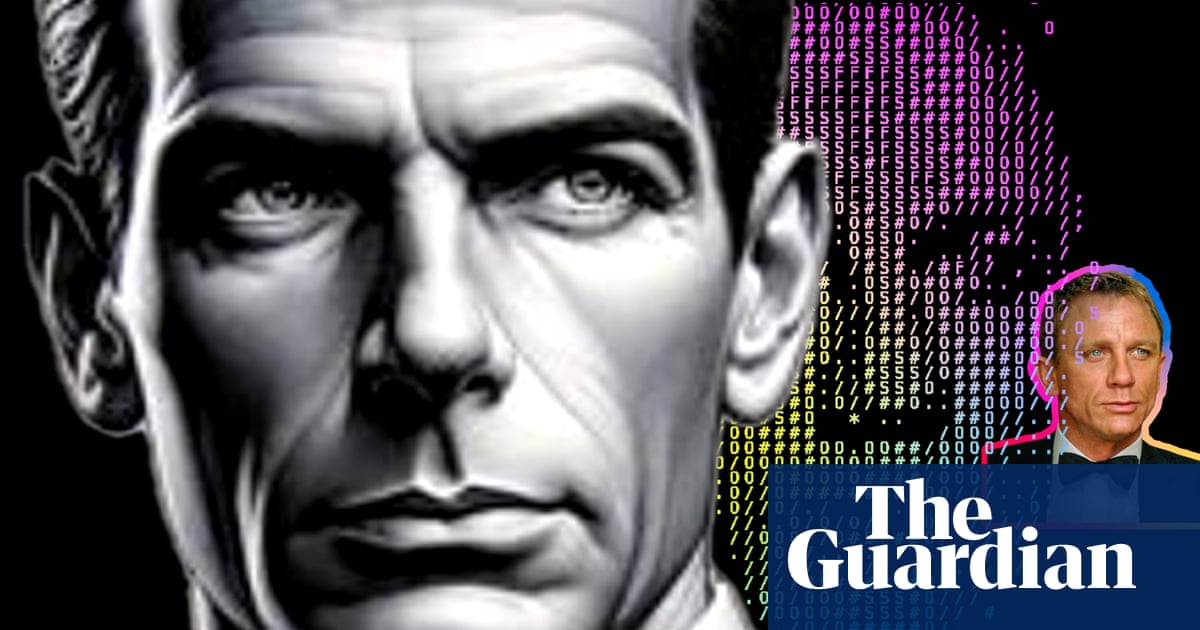
"Ask Google's AI video tool to create a film of a time-travelling doctor who flies around in a blue British phone booth and the result, unsurprisingly, resembles Doctor Who. And if you ask OpenAI's technology to do the same, a similar thing happens. Google and OpenAI's generative artificial intelligence is supposed to be just that generative, meaning it develops novel answers to our questions."
"The problem is working out how much tools like OpenAI's ChatGPT and its video generator Sora 2, and Google's Gemini and its video tool Veo3, rely on someone else's art to come up with their own inventions, and whether using source material from the BBC, for example, is an infringement of the broadcaster's copyright. Creative professionals and industries including authors, film directors, artists, musicians and newspaper publishers are demanding compensation for the use of their work to build those models"
Generative AI tools from Google and OpenAI frequently produce outputs that closely resemble existing copyrighted creative works, exemplified by time-travelling doctor requests producing Doctor Who-like results. Determining how much output is genuinely original is difficult because underlying models remain proprietary and opaque. Creators and media industries are demanding compensation and permission, arguing that their work was used without consent to train models that compete with their own products. Some publishers have negotiated licensing deals. A company called Vermillio claims it can track online use of intellectual property and estimate AI reliance on specific works.
Read at www.theguardian.com
Unable to calculate read time
Collection
[
|
...
]